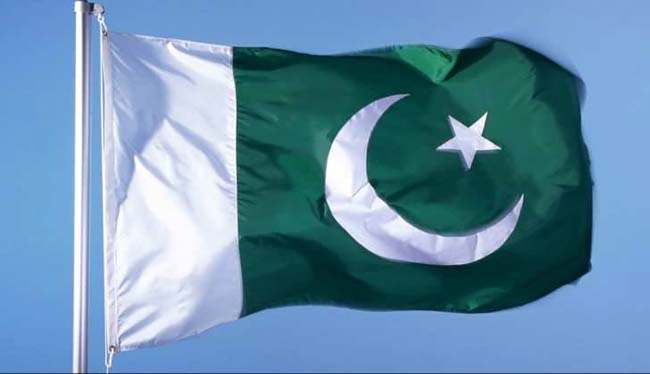J K News Today Commentary
Pakistan has a role to play in Kashmir. It should keep off Kashmir, and allow Kashmiris to live life of their own. There are certain realities that Islamabad must accept: one, Kashmir is an internal matter of India and whatever Delhi has done by revoking Article 370 and Article 35 A – the two provisions in the constitution of India – had a solid rationale behind it.
The Article 370 that granted special status to J&K was “ temporary.” It was firmly and boldly written in the constitution. Therefore, to do away with the “temporary “provision in no manner violated the constitution. And, even if this provision was permanent, which it was not, the Indian Parliament had the power to amend it and scrap it. So, it should be understood clearly that no illegality has been committed. The temporary provision had to go, so it was given a farewell that it deserved for long.
Next comes, the Article 35 A, that now ceases to exist. This Article gave exclusive rights to the permanent residents of J&K to acquire land on permanent basis, secure jobs and scholarships. These rights were not available to the people living in the other parts of the country. The dichotomy was that the permanent residents of the state could buy land, get jobs and scholarships in the rest of the country. It was something strange and against the very principles of egalitarianism that sustain the democratic societies. Without going into the merit that how it came about in 1954, suffice to say that it was extremely discriminatory. This discrimination had to go, so the Modi- government undertook this heroic and historic step to make all Indians equal shareholders in the country. He made Kashmir, in real sense, “ours”. Ours stands for all Indians.
Pakistan obviously did not like what happened on this side of the Line of Control, where this part of J&K sits and separates it from the illegally occupied territory of the state by Pakistan. Pakistan’s anguish over this had its own reasons: there was nothing left to suggest that the Kashmir was having some kind of special relationship with India, a cause of fissure that Pakistan had always exploited. Pakistan could have always said, if J&K was integral part of India, why it has been given special status, and why it has such a powerful legislature that could prevent the laws passed by the Indian parliament from their application in J&K. Now, that argument has been snatched away from Pakistan. So it is left with nothing to argue about.
The biggest problem for Pakistan is, what to tell its own people, whom it had been saying that “Kashmir is a disputed territory,” and it will come to Pakistan because Kashmiris had launched “freedom struggle” from what it called,” Indian occupation”. Now that the abrogation of Article 370 was greeted with silence in the Valley, it irritated Pakistan no end. It said that this was due to “lockdown,” and Kashmiris could not come out to protest. If Kashmiris were to protest, they could have done it. They had done it in 2010 and 2016. Nothing could deter them. This time, there were two factors playing on them: one, there was nothing that they could cry foul about; secondly, there was a very strong government at the Centre that could deliver on its promises of bringing prosperity to the people of Kashmir.
It is good for Pakistan, as advised by Prime Minister Narendra Modi, to “accept the reality”, and focus on its own economic health instead.




